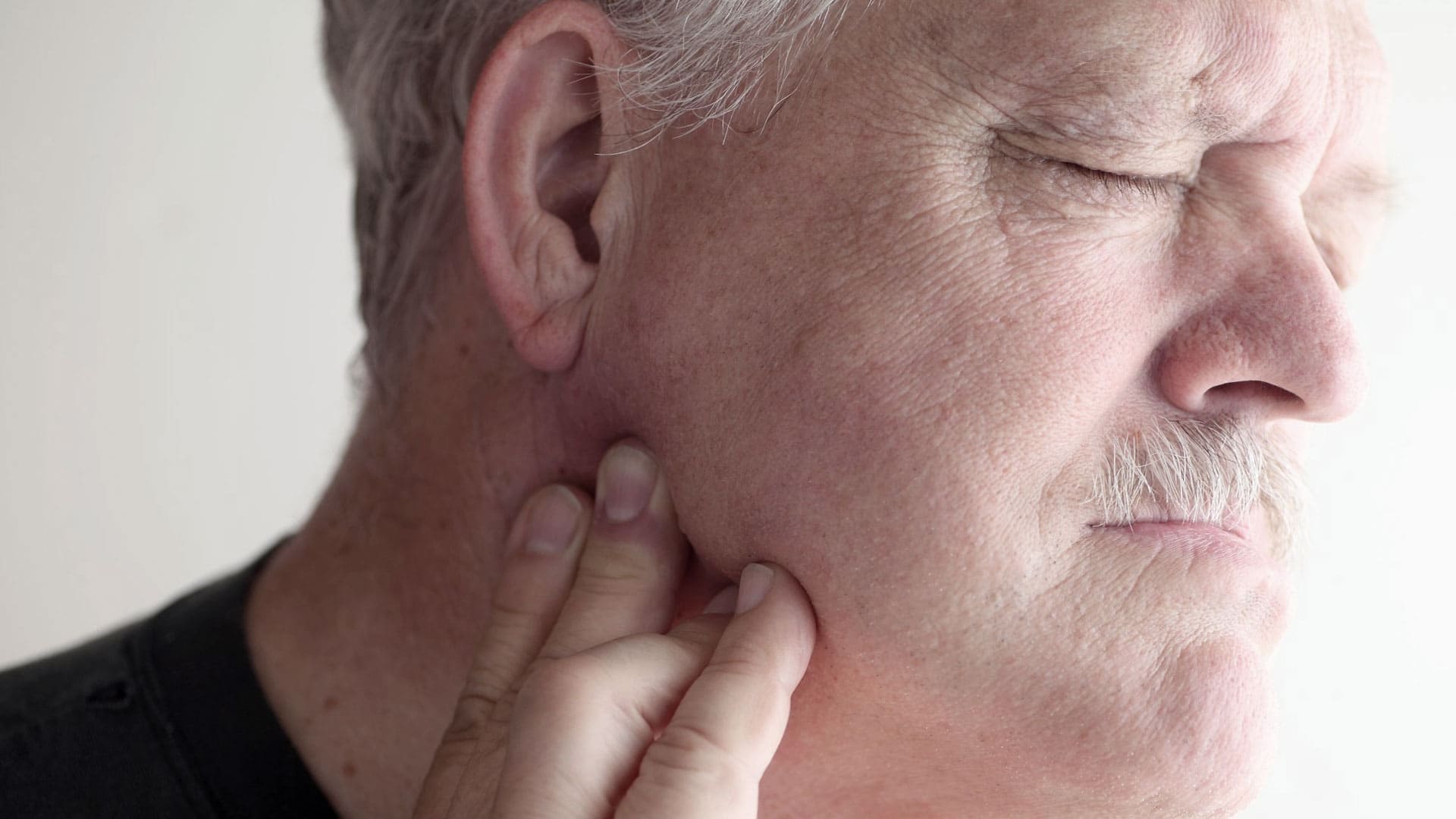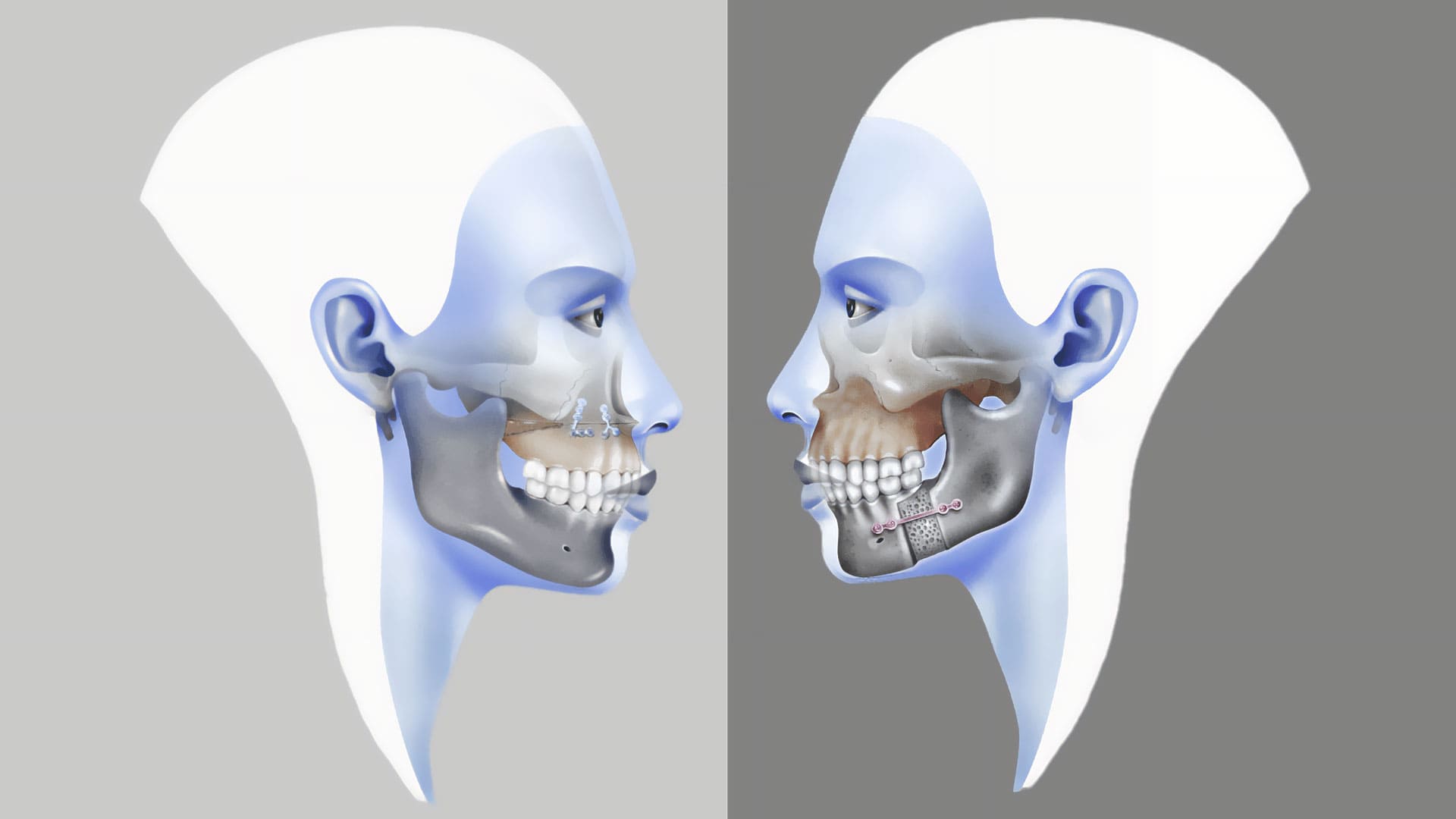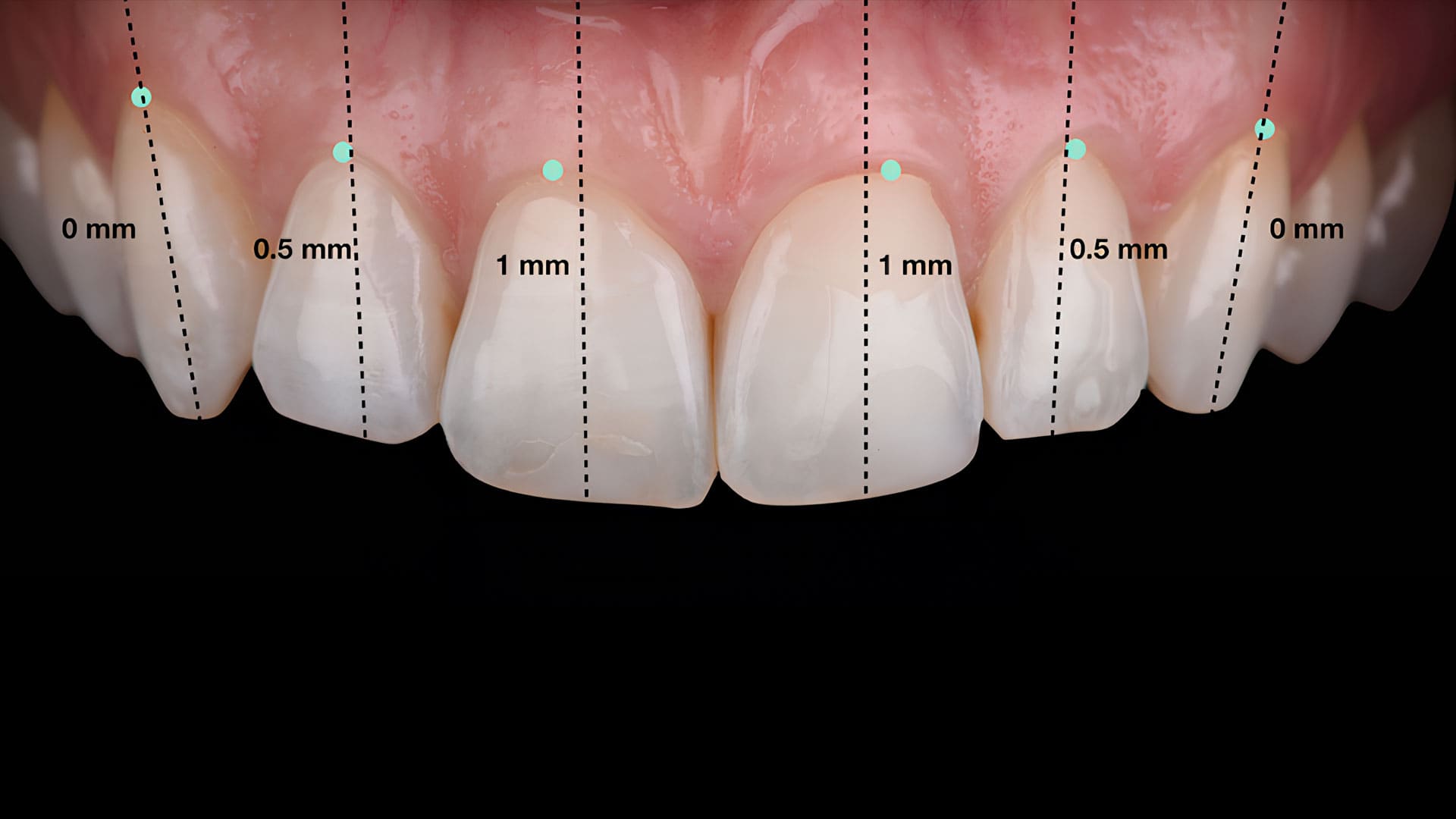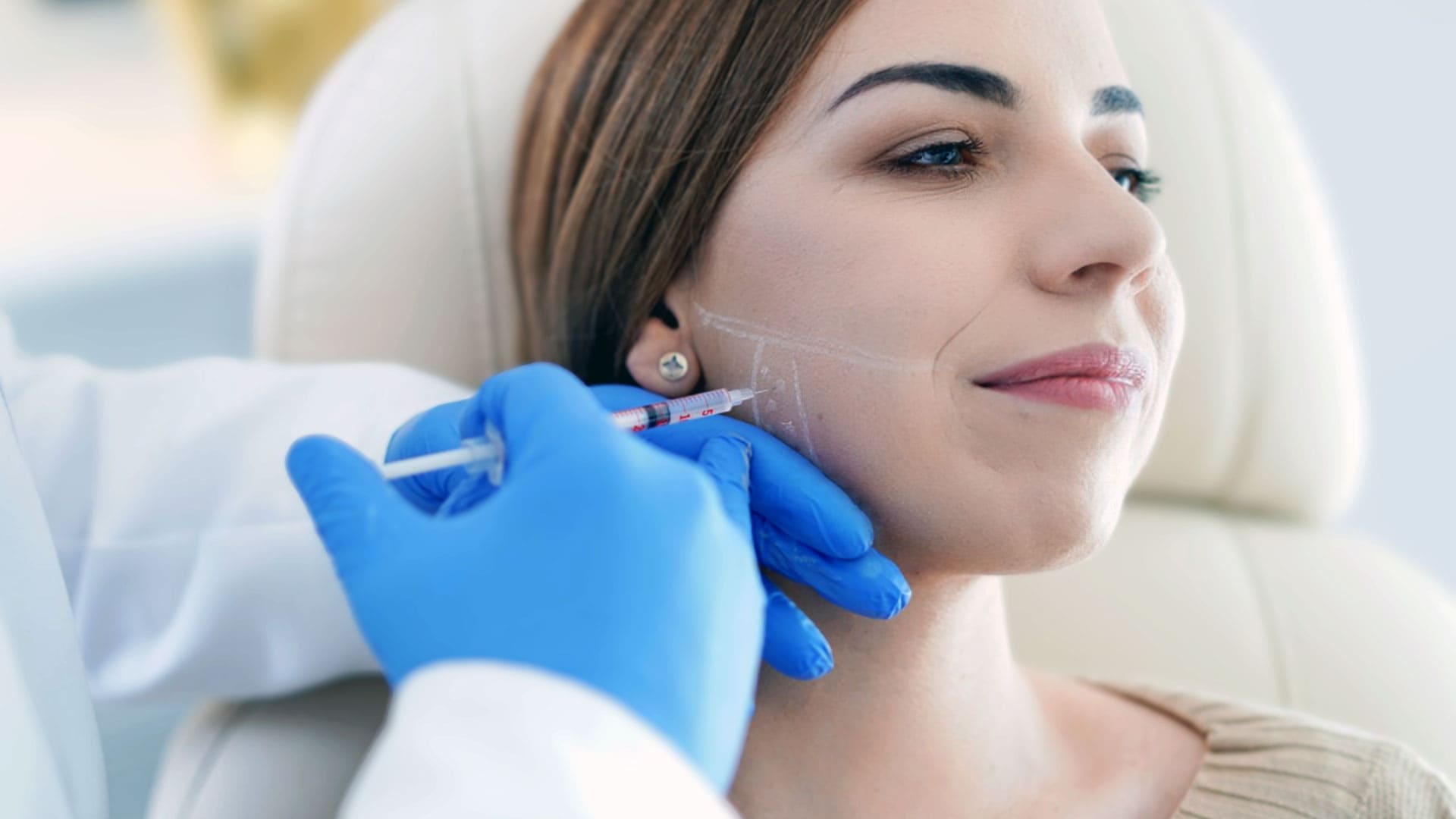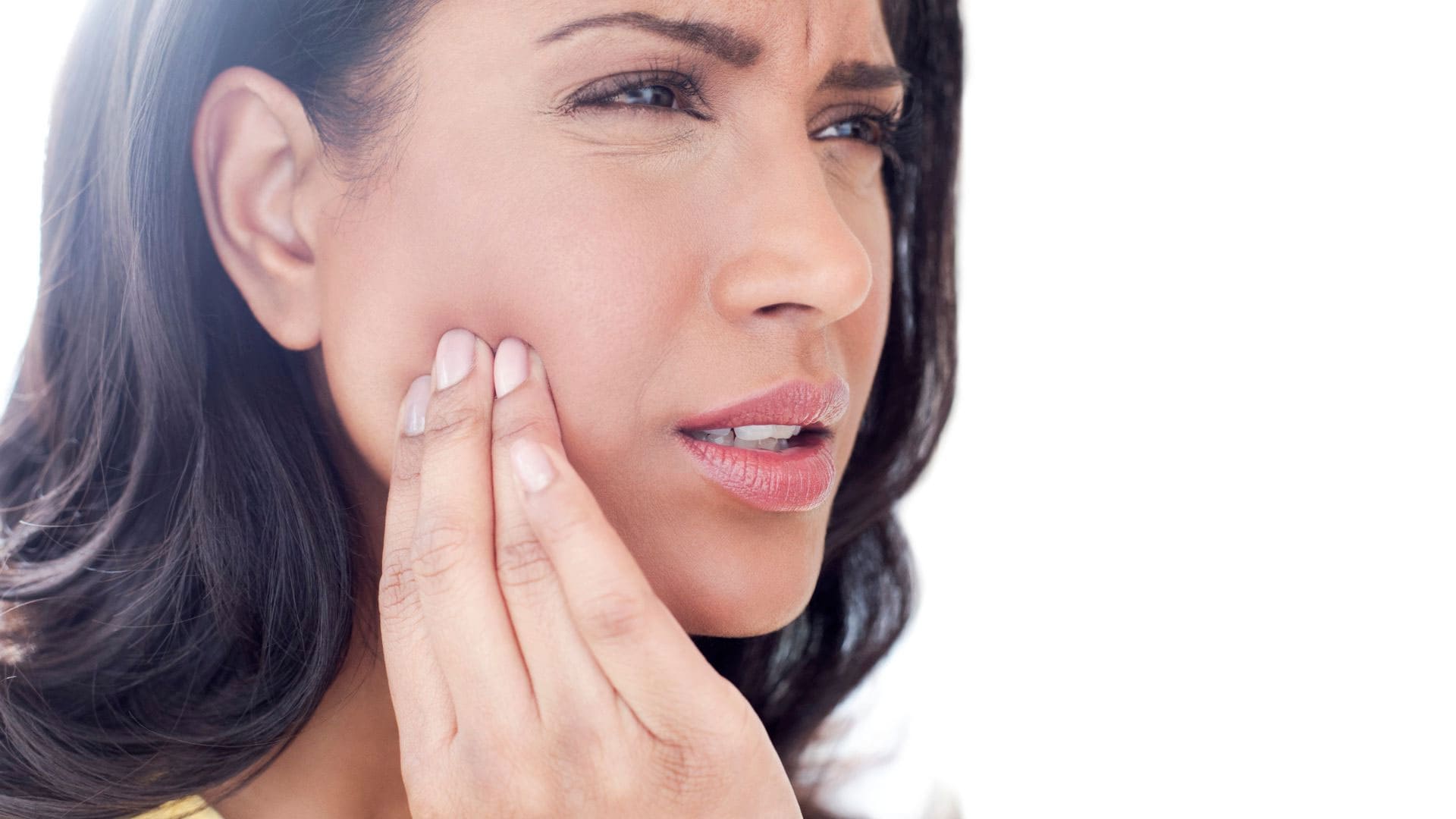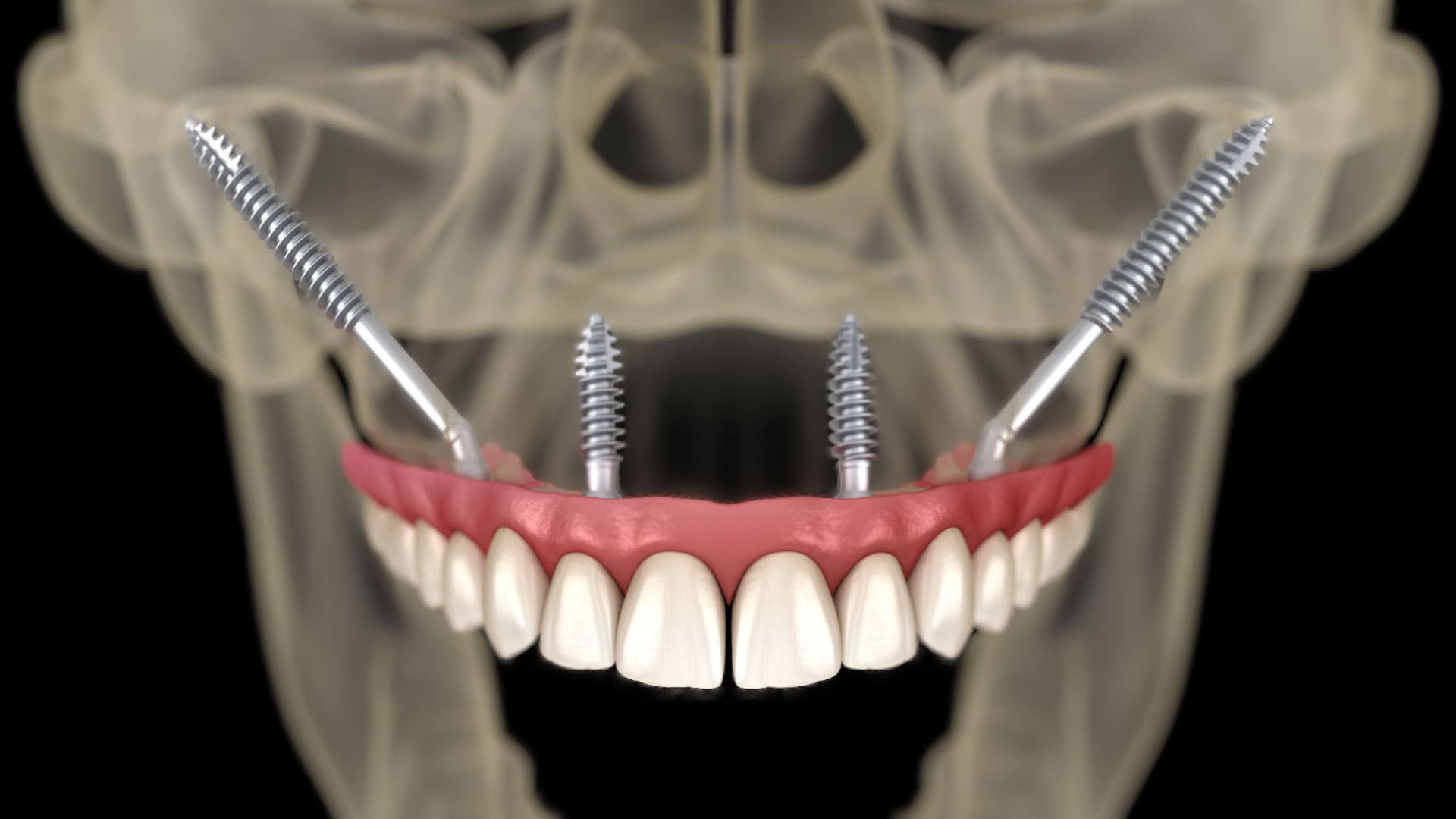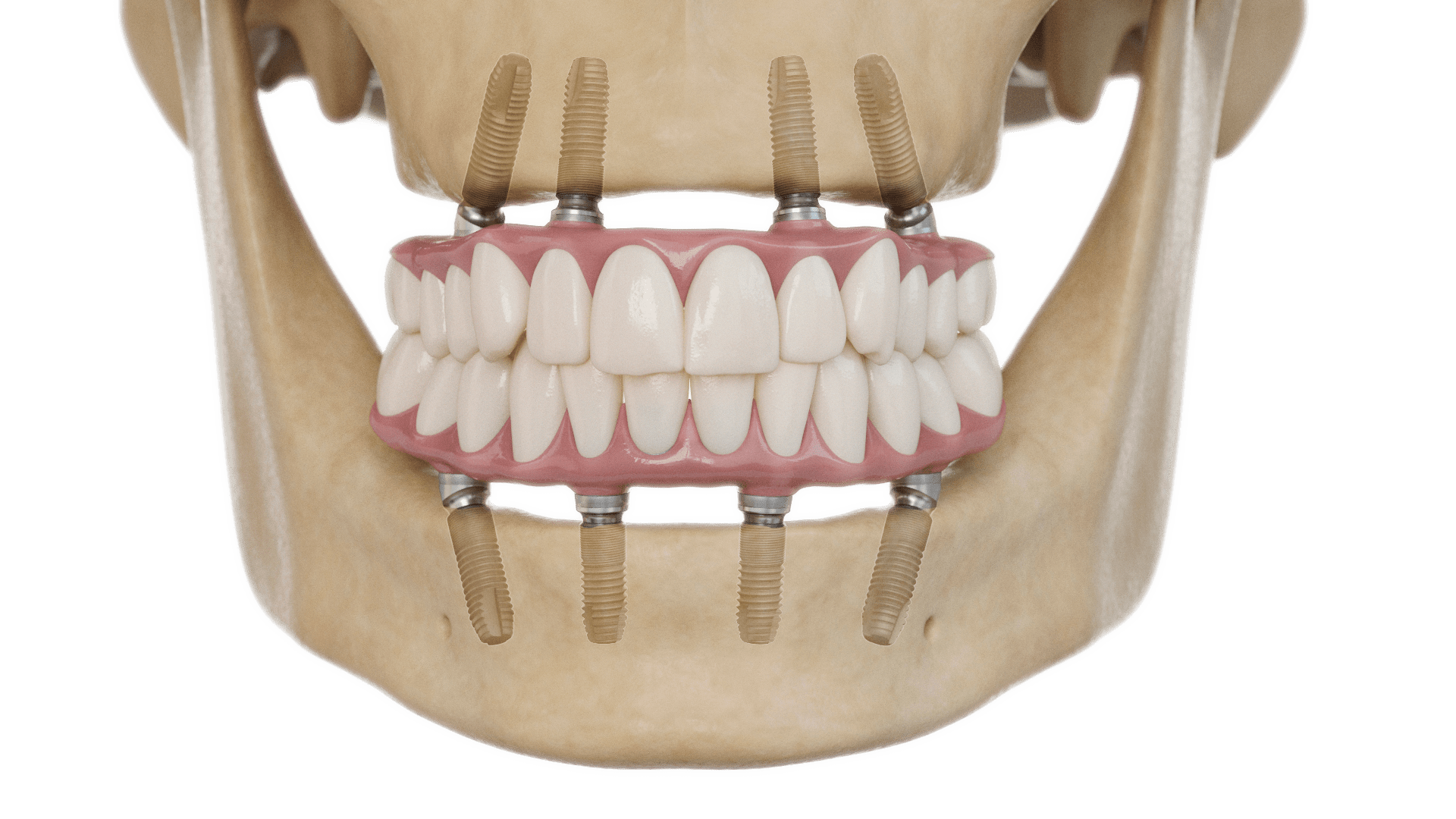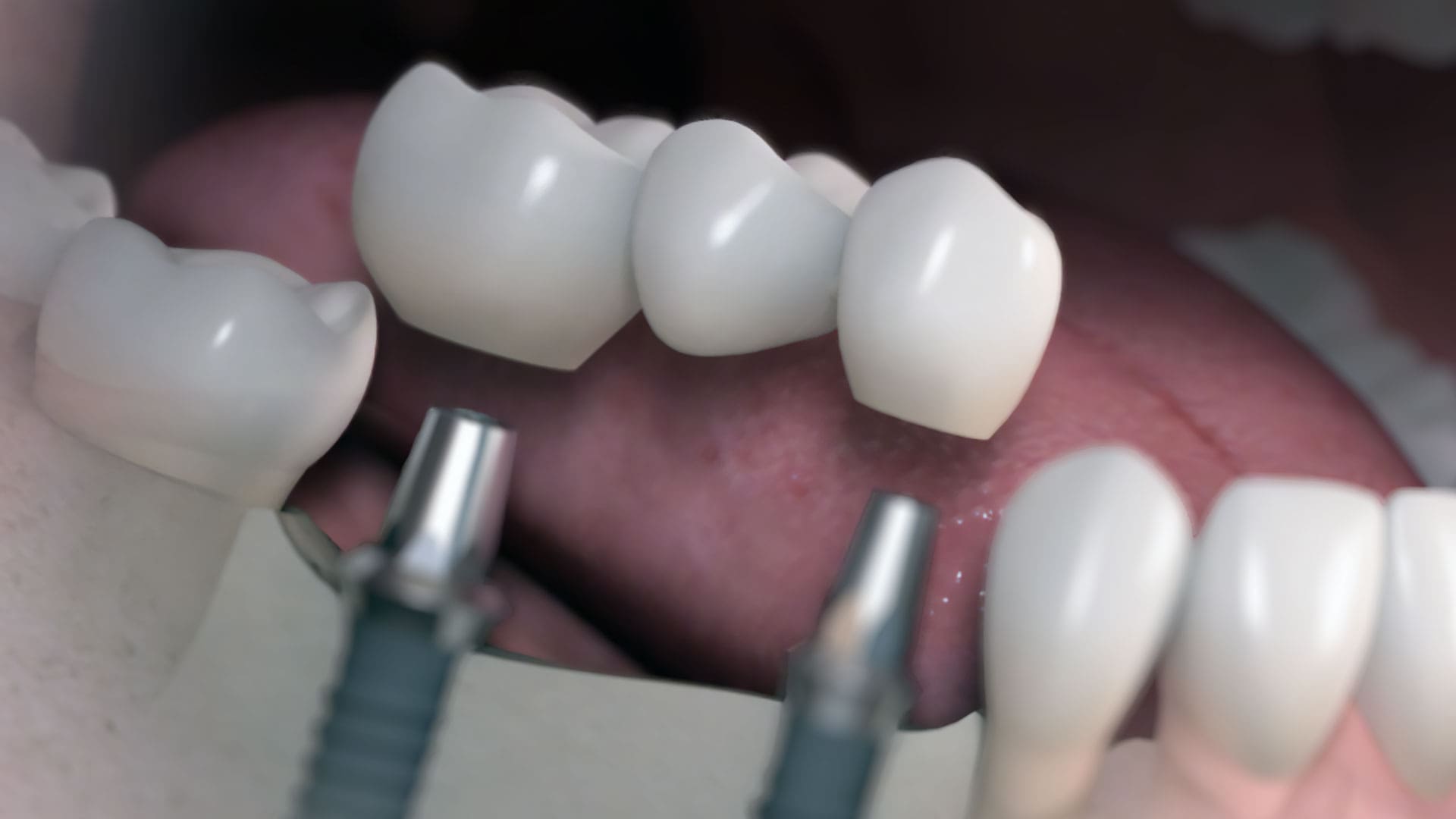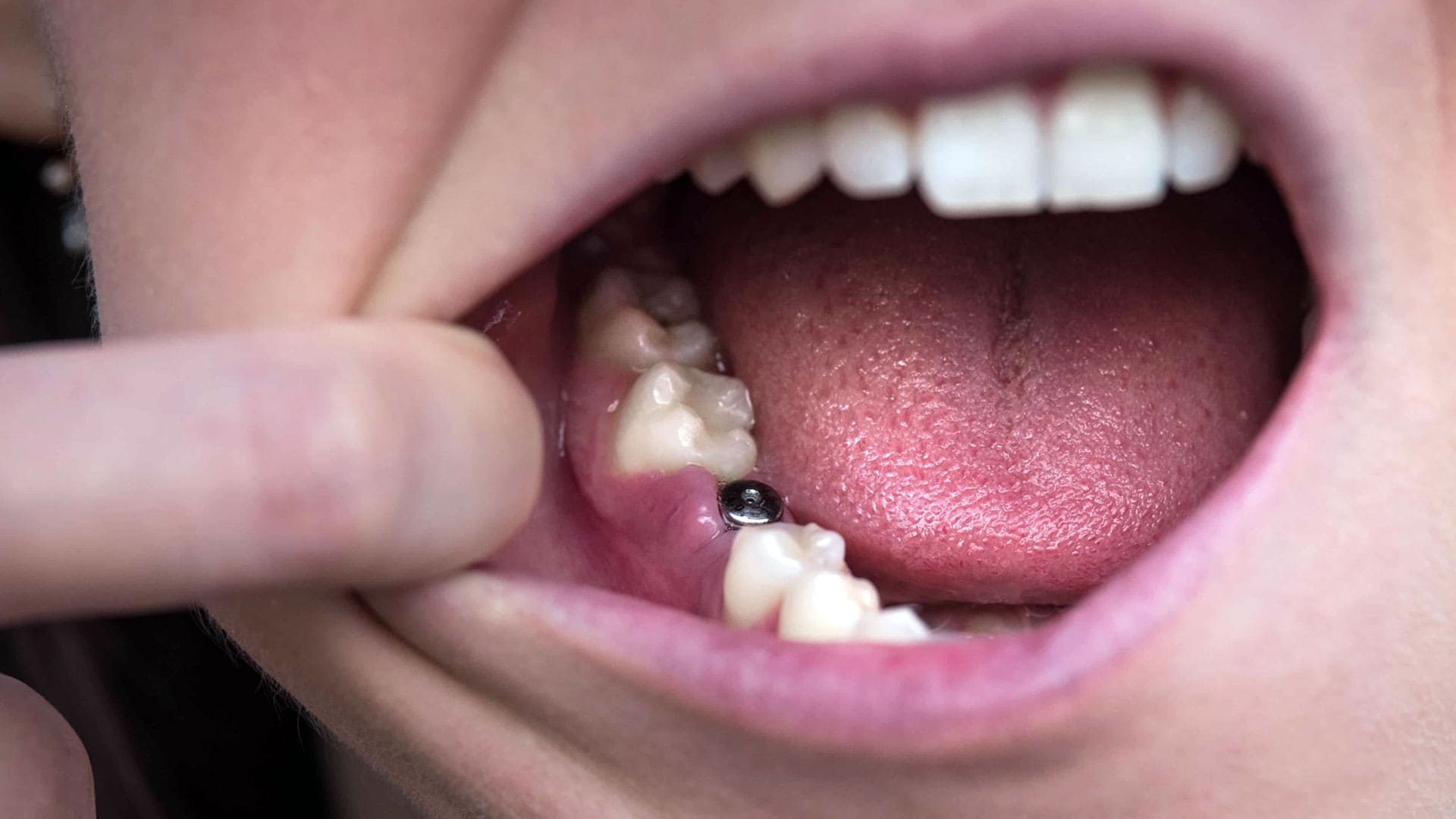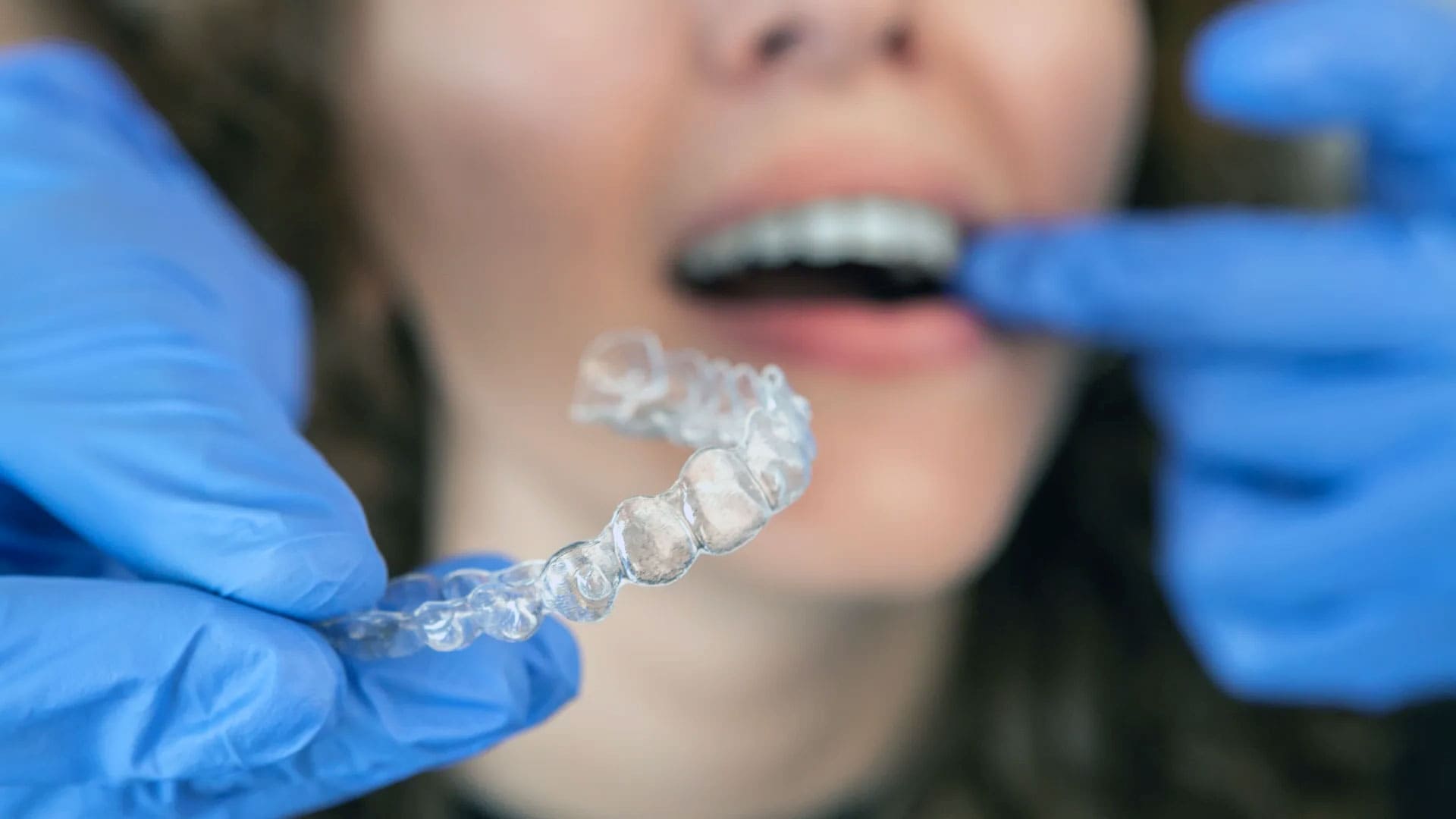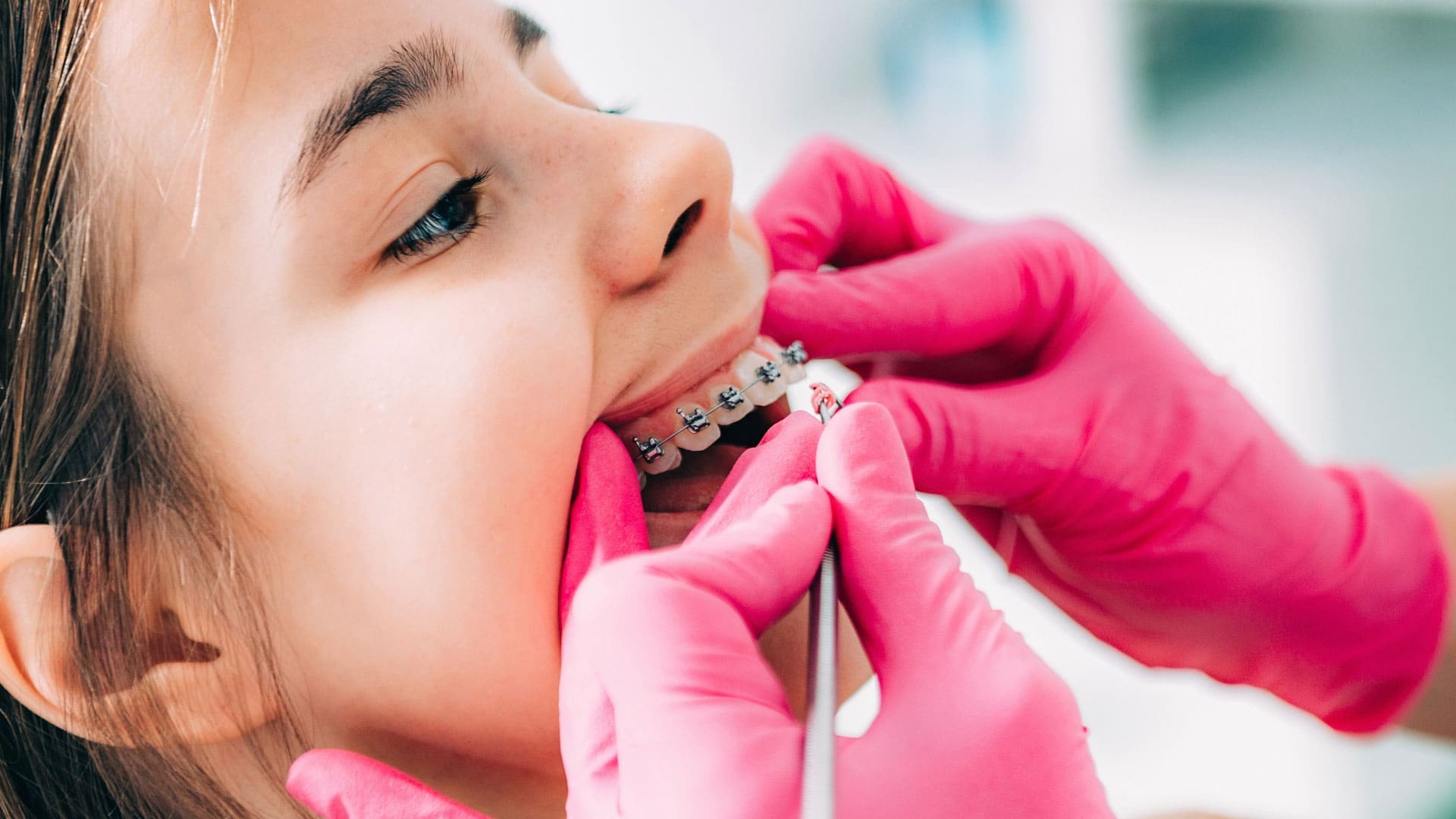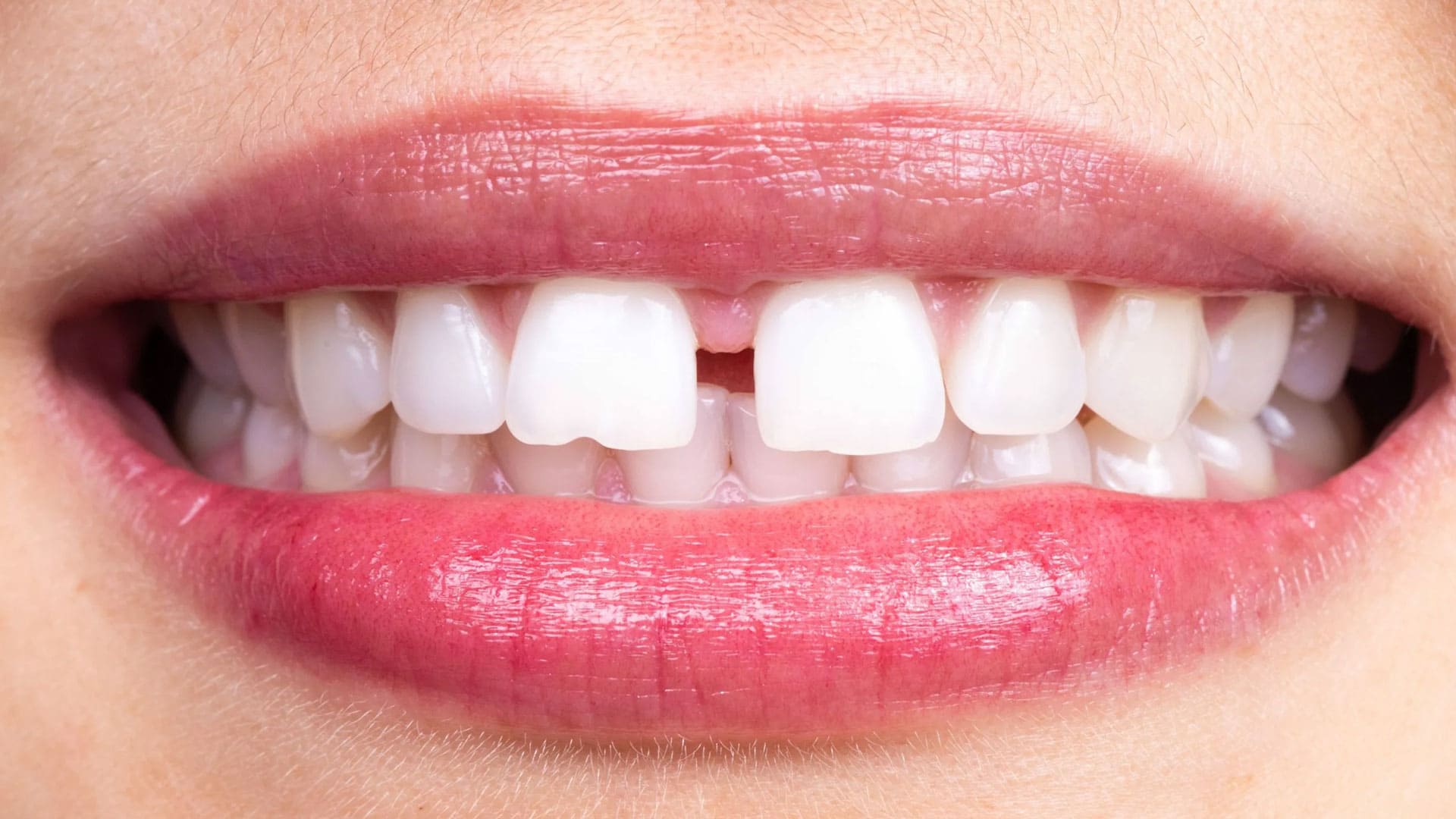
Women's Health and Dental Problems
Women’s health and dental problems can bring to mind oral health issues that change at different times of your life. The changing balance in your body due to different hormone levels also has an impact on your dental health. To maintain your bone and dental health, you should follow the appropriate diet for each period from youth to old age.
When we think ofwomen’s health and teeth, we think of problems that occur during different periods such as pregnancy, birth control and menopause. During pregnancy you need extra calcium. Birth control can have similar effects to pregnancy. For this reason, you should pay attention to your diet to eliminate imbalances due to hormone changes and to protect your dental health. You should take care to get a balanced intake of calcium and vitamin D. You should share any extra treatments and food supplements you take during menopause with your doctor during dental treatment.
Each period has different psychological and physiological requirements. Hormone changes lead to both psychological and physiological differences. You may encounter different problems such as emotional sensitivity, tooth sensitivity, increased inflammation in the mouth, gum and palate disorders.
You should consult a dental clinic to be more aware ofwomen’s health and dental problems and to receive treatment for your dental diseases. Your dentist will share with you the treatment methods you can take for the special conditions you experience during pregnancy, birth control and menopause. In this process, you can contact OPC Clinic’s expert team to get information for proper oral care and to solve your dental problems.
Hormones and Oral Health
When it comes to the relationship betweenhormones and dental health, your body becomes more sensitive due to hormones. Your mouth and teeth become more sensitive than before. You should take care not to neglect your oral care during this period. During the period when you take hormones, redness, inflammation, sores and swelling may occur in the mouth.
When it comes tohormones and treatments fordental problems, birth control pills make the dental treatment process more difficult. If you are going to have dental treatment while you are taking hormones, you should consult your doctor beforehand. You can learn more clearly about the problems you may experience in this process, especially the problems that may occur after tooth extraction.
One of the possible problems you may experience is dry socket problem after tooth extraction. This problem manifests itself as pain and inflammation after tooth extraction. The birth control medication you use causes an increase in the hormones progesterone and estrogen. An increase in these hormones can lead to increased inflammation.
If you need to take antibiotics for dental diseases, the effect of birth control pills is reduced. This reduces the possibility of protection during the birth control process. Being aware of this during the treatment process can help prevent unwanted pregnancies.
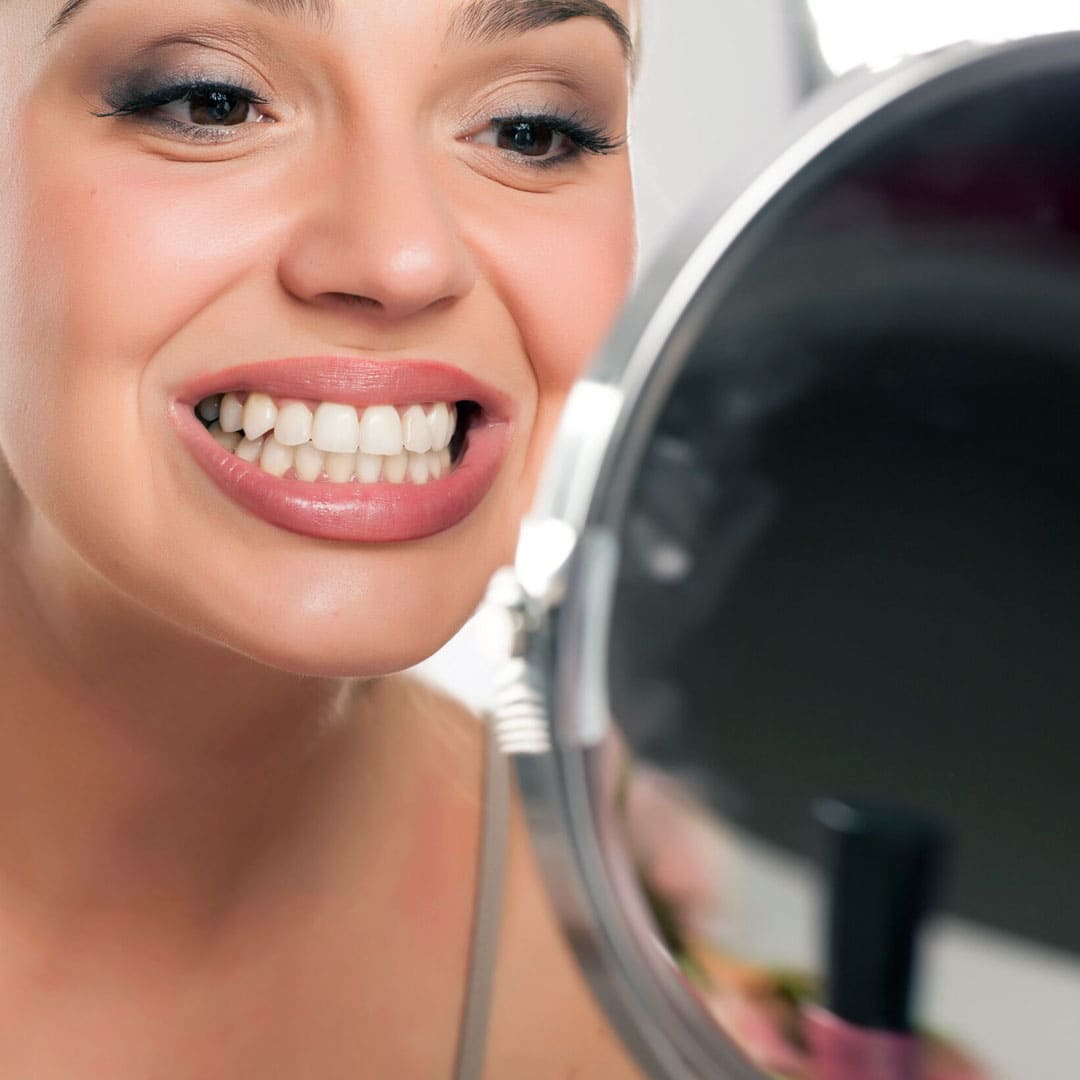

Gebelik ve Diş Problemleri
When pregnancy and dental health problems come together, the treatment process needs to be planned very carefully. Since you cannot use medication during pregnancy, you should be careful to get the appropriate treatment for this period. Within the scope of women’s health and dental problems, the treatment of tooth fractures and cavities that occur during pregnancy is postponed in order not to harm the baby. In this regard, you should consult your dentist in parallel with the size of the dental problems you are experiencing. In this way, you can plan your treatment process in a way that will not harm the baby and your general health.
Another issue you should pay attention to about hormones and dental problems during pregnancy is pre-pregnancy health checks. Especially if you are planning a pregnancy, you should have your oral and dental care regularly. If you need to have tooth decay treatment during pregnancy, you do not need to be very worried.
The filling procedure is performed under local anesthesia. The anesthesia used is only intended to numb the dental nerve. Therefore, it does not have a major effect on your body as a whole. There is no threat to your baby’s health. Nevertheless, you can make the best decision by consulting your dentist to be sure.
Menopause and Oral Health
When menopause and dental problems are mentioned, conditions that occur due to the changing hormone status with age come to mind. While receiving treatment for the dental problems you are experiencing, you should inform your doctor about your chronic diseases and the medications you use. Especially if you are taking vitamin D supplements due to bone resorption, you should inform your dentist about this situation.
When it comes to hormones and dental problems in menopause , oral and intraoral problems generally come to mind. With hormonal changes, you may also experience changes in the sense of taste as the secretion in the mouth changes. Gum disorders and inflammation are among the problems you may experience during menopause.
With the decreasing bone density during menopause, the jawbone, teeth and oral tissue begin to become flimsy. Your teeth may lose their durability during this period and start to break. Tooth decay may occur faster. You may encounter different oral and dental problems due to chronic diseases that occur with decreasing body resistance. Bleeding gums may be one of them.
Regular dental check-ups before menopause can help you prevent possible discomfort. If you follow the advice of your dentist, your mouth and teeth can maintain their durability for many years. You can protect your teeth and bone structure by creating a healthy diet suitable for your hormone level and age. You can control the problems seen in your teeth and mouth by going to regular check-ups.


Effects of Hormonal Contraceptives
The effect of hormonal contraceptives on the teeth is particularly marked by their ability to accelerate blood flow. Birth control methods called contraceptives make the gums more sensitive. If you prefer one of the methods such as pills, subcutaneous implants or protective injections, you may have a more sensitive mouth structure.
Hormonal changes affect your whole body. The oral structure, mucosa, palate and gums are also affected by this change. For this reason, you may want to try a comprehensive dental check-up before choosing a contraceptive method. You can avoid oral inflammation and gum disease by having the necessary treatments before you start using contraception.
An increase in the hormone progesterone can increase bleeding. This is not only about preventing fertilization. Contraceptives, which help to maintain the menstrual cycle, can cause various sensitivities in the body. To prevent oral infections, you should take care of your oral care during this period. You can visit the dentist every six months to treat oral sensitivities and other dental problems.
When it comes to hormone therapy and teeth, you may notice an increase in oral problems during treatment. But this is not necessarily the same for everyone. If you have sensitive teeth and gums, hormone medication can increase this.
After getting some preliminary information about the relationship between contraception and dental health, you can understand which method is right for you. After a general health screening, you can start hormone therapy to eliminate potential risks.
Hormone therapy and oral health are often inversely related. Contraceptive medicines contain at least one of the hormones progesterone or estrogen. These hormones, also known as female hormones, help the menstrual cycle to be regular. In addition, when they increase in the body, they can negatively affect various areas such as oral and dental health. You can use birth control methods for a healthy and planned pregnancy. However, you should have a comprehensive general health screening and dental examination beforehand. You can reduce the risk of excessive bleeding by having your treatments before taking hormones. You can visit our clinic to learn more about women's health and dental problems.
You can meet our expert team to get information about dental treatment before and during pregnancy and to have your dental diseases treated.
TREATMENTS
Book Your Appointment
For more information about Root Canal Treatment and other treatment options and to schedule an appointment, please click here. Contact us for a healthy and aesthetic smile.

